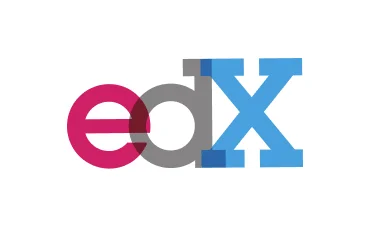When you enroll through our links, we may earn a small commission—at no extra cost to you. This helps keep our platform free and inspires us to add more value.

IBM: NoSQL Database Basics
This course introduces you to the fundamentals of NoSQL, including the four key non-relational database categories. By the end of the course you will have hands-on skills for working with MongoDB, Cassandra and IBM Cloudant NoSQL databases.

This Course Includes
 edx
edx 0 (0 reviews )
0 (0 reviews ) 5 weeks at 2-3 hours per week
5 weeks at 2-3 hours per week english
english Online - Self Paced
Online - Self Paced course
course IBM
IBM
About IBM: NoSQL Database Basics
This course will provide you with technical hands-on knowledge of NoSQL databases and Database-as-a-Service (DaaS) offerings. With the advent of Big Data and agile development methodologies, NoSQL databases have gained a lot of relevance in the database landscape. Their main advantage is the ability to effectively handle scalability and flexibility issues raised by modern applications.
You will start by learning the history and the basics of NoSQL databases and discover their key characteristics and benefits. You will learn about the four categories of NoSQL databases and how they differ from each other.
You will explore the architecture and features of several different implementations of NoSQL databases, namely MongoDB, Cassandra, and IBM Cloudant.
Throughout the course you will get practical experience using these NoSQL databases to perform standard database management tasks, such as creating and replicating databases, loading and querying data, modifying database permissions, indexing and aggregating data, and sharding (or partitioning) data.
The course ends with a hands-on project to test your understanding of some of the basics of working with several NoSQL database offerings.
What You Will Learn?
- Define the term NoSQL and the technology it references..
- Explain the characteristics of NoSQL databases..
- Describe the major categories of NoSQL datastores (document, key-value, graph, etc.) and their architectural differences..
- List the most commonly used NoSQL datastores, their primary use cases and benefits (MongoDB, Cassandra, Cloudant, Couch DB, etc.)..
- Understand the factors affecting return on investment for using locally hosted databases, versus hosted database versus DBaaS..
- Describe the architecture, features, and key benefits of MongoDB as a NoSQL database..
- Demonstrate hands-on working knowledge of MongoDB and perform various common tasks (including CRUD operations, limit and sort records, indexing, aggregation, replication, sharding).
- Describe the architecture, features, and key benefits of Cassandra as a NoSQL database..
- Demonstrate hands-on working knowledge of Cassandra and perform various common tasks (including using the CQL shell, keyspace operations, table operations, and CRUD operations).
- Describe the architecture, features, and key benefits of Cloudant as a NoSQL database..
- Demonstrate hands-on working knowledge of Cloudant and perform various common tasks (including creating the database, add documents, query data, utilize the HTTP API)..